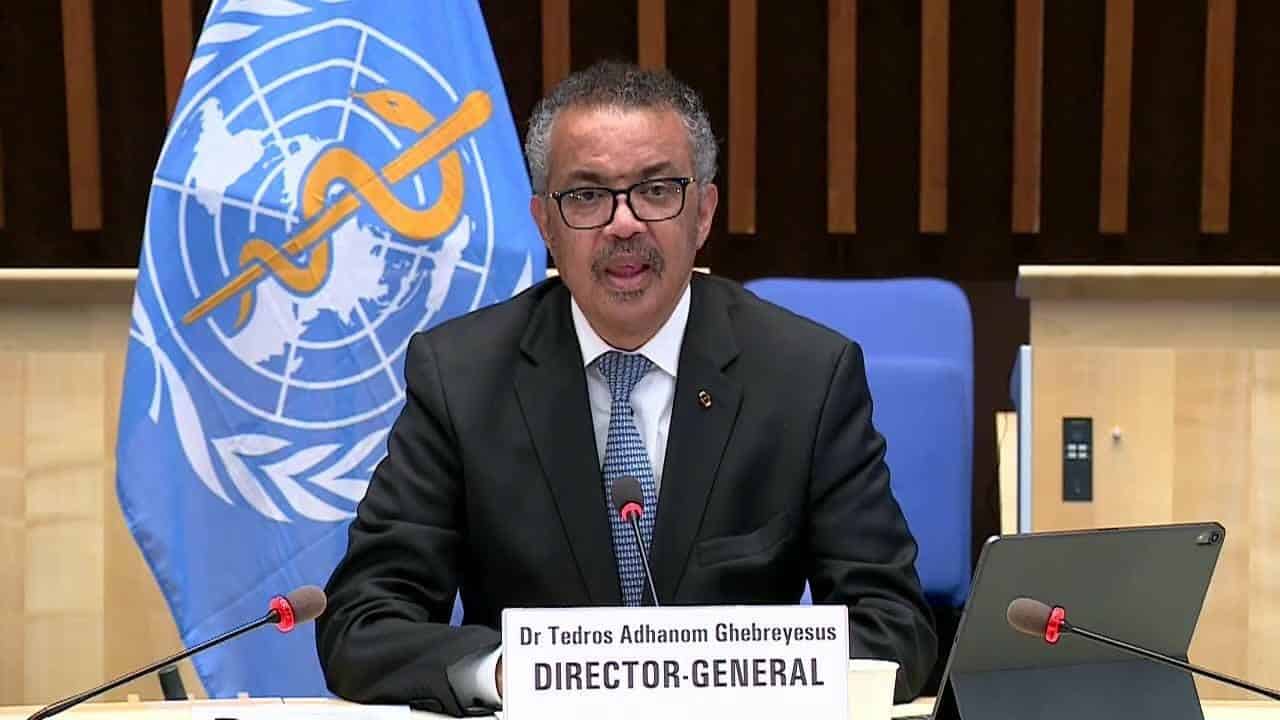The World Health Organization said on Thursday it needed $23.4 billion over the next 12 months for its plan to conquer Covid-19, urging the G20 to show some leadership and pay up.
WHO chief Tedros Adhanom Ghebreyesus bluntly told the Group of 20 global powers, meeting this weekend in Rome, they could no longer leave poorer countries hanging out to dry in the pandemic.
Tedros said the money was needed to secure Covid-19 vaccines, tests and treatments — and potentially prevent another five million deaths in the crisis.
The G20 countries “have the ability to make the political and financial commitments that are needed to end this pandemic”, Tedros told a press conference.
“We are at a decisive moment, requiring decisive leadership to make the world safer.”
The WHO-led Access to Covid Tools Accelerator is aimed at developing, producing, procuring and distributing tools to tackle the pandemic.
The $23.4 billion needed to fund it “pales in comparison to the trillions of dollars in economic losses caused by the pandemic and the cost of stimulus plans to support national recoveries”, the WHO said.
‘Time to act’
“Fully funding the ACT-Accelerator is a global health security imperative for us all — the time to act is now,” said Tedros.
But the call to arms risks meeting the same fate as previous attempts to get wealthy countries to feel ashamed about the ever-growing gap between their own level of protection against the virus and that of the world’s poorest nations.
The WHO said only 0.4 percent of tests and 0.5 percent of vaccine doses deployed so far had been used in low-income countries, which make up nine percent of the world’s population.
The WHO said its plan would see ACT-A shift towards a more targeted focus on addressing the supply gaps in poorer countries.
“Nowhere is this inequity more apparent than on the African continent, where just eight percent of the population has received a single dose of Covid-19 vaccine,” said South African President Cyril Ramaphosa.
Just five of 54 African countries are projected to meet the WHO’s year-end target of fully vaccinating 40 percent of their population.
ACT-A gave birth to the Covax facility, designed to ensure poorer countries could access eventual vaccines, correctly predicting that richer nations would hog all the doses coming off the production lines.
So far, Covax has delivered 425 million doses to 144 territories — way below where it hoped to be.
Booster doses
WHO chief scientist Soumya Swaminathan said more than a billion donated doses had been pledged to the scheme — but only around 15 percent have actually materialized.
She also said 62 countries had started administering boosters and more states are considering the move.
Swaminathan said that close to a million booster doses were being injected per day — triple the amount of vaccines being administered in low-income countries.
The WHO wants a moratorium on boosters until the end of the year to free up jabs for poorer nations.
The UN health agency has authorized six vaccines for emergency use during the pandemic.
Mariangela Simao, the WHO’s access to vaccines chief, said the agency was assessing eight candidate jabs, including that of India’s Bharat Biotech, on which it is hoping to finalize the process next week.
ACT-A has so far delivered more than 128 million tests and halved the cost of rapid tests, according to the WHO, by transferring technology to low and middle-income countries.
It has also boosted essential oxygen, personal protective equipment and treatment supplies, including nearly three million doses of dexamethasone.

